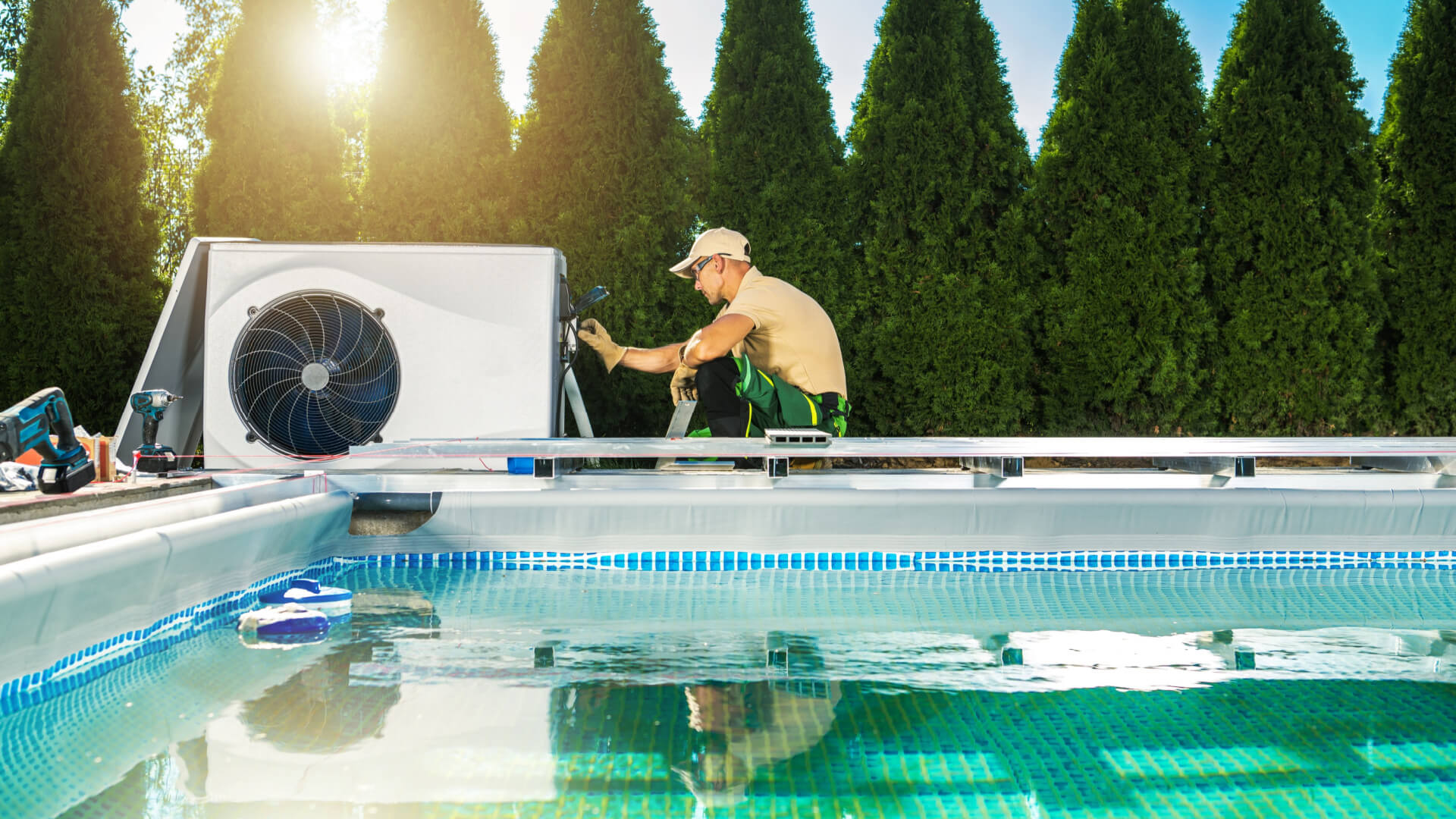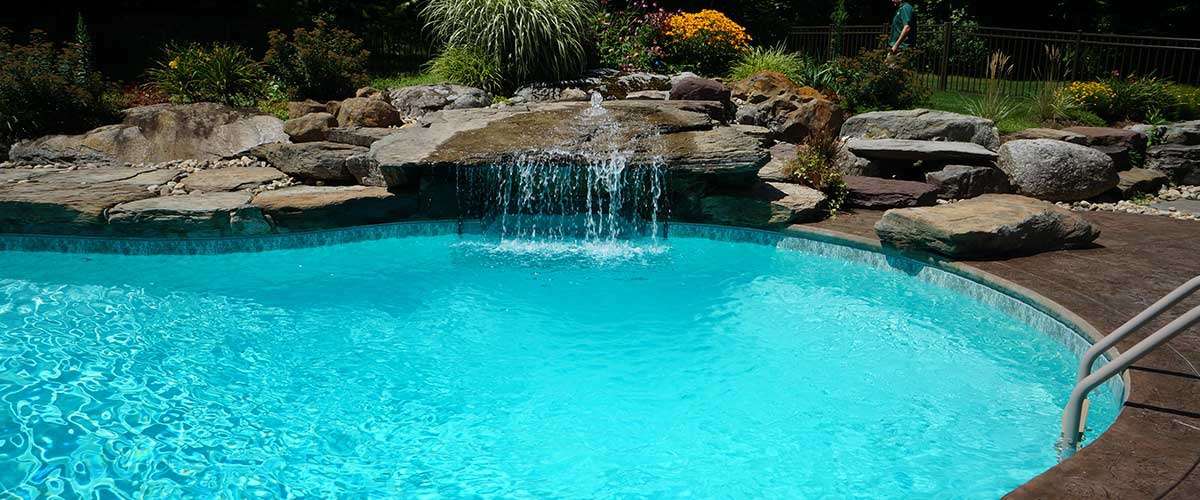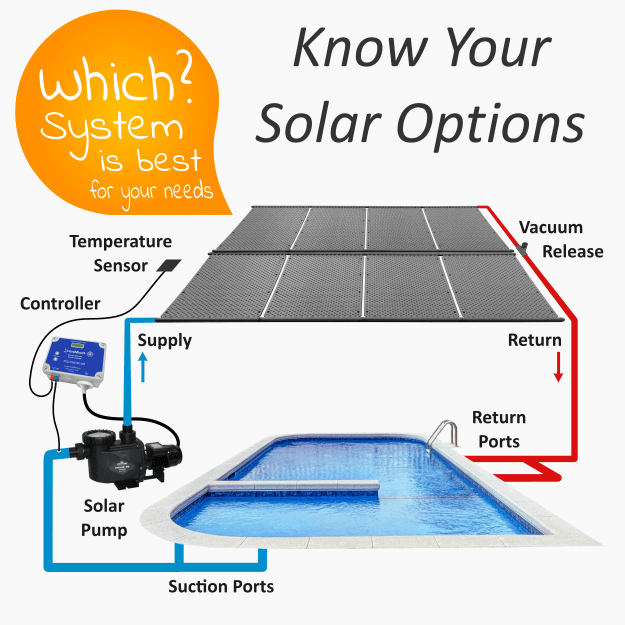Efficient Pool Heizen: Everything You Need to Know
The Importance of Pool Heizen
When it comes to enjoying your swimming experience, the **heating** of your pool plays a crucial role, particularly during the cooler months. Proper **pool heating** not only enhances comfort but also allows for extended swimming sessions to make the most of your investment. Whether it’s a traditional gas heater or a modern heat pump, understanding how to effectively heat your pool is vital for maximizing usage and enjoyment.
Types of Pool Heating Options
There are several ways to efficiently heat your pool. One popular option is the use of **solar pool heaters**, which harness energy from the sun to heat the water. They are environmentally friendly and can significantly reduce energy costs over time. Additionally, **gas pool heaters** are effective for heating large volumes of water quickly, making them ideal for those who use their pool less frequently. Another option is heat pumps, which draw heat from the air and transfer it into the pool. This option is efficient and can be more cost-effective in the long run compared to gas heaters.

Benefits of Pool Heating
Heating your pool presents numerous advantages. Firstly, it ensures you can swim comfortably despite the temperature outside. Secondly, warmed water can promote relaxation and can be especially therapeutic for sore muscles, increasing the overall value of your pool. Moreover, utilizing **efficient pool heating systems** can increase the longevity of the pool infrastructure, as water is kept at a temperature that helps prevent freezing during colder months.
Cost-Effective Pool Heating Solutions
Investing in the right **pool heating solution** is essential for reducing operational costs. **Heat pumps** tend to be the most economical choice over time, as they use electricity to transfer heat rather than generate it. This can lead to significant savings on energy bills, particularly in moderate climates. On the other hand, **solar heaters** offer negligible operational costs once installed. However, these systems require ample sunlight for optimal performance.
How to Choose a Pool Heater
Selecting the right heating solution for your pool depends on various factors, including pool size, typical usage patterns, and climate. **Calculating your pool’s heating requirements** involves understanding the surface area and average depth, which help determine the optimal BTU output for your heater. As a rule of thumb, larger pools need more powerful heaters to reach the desired temperature efficiently.
Evaluating Your Pool’s Heating Needs
To accurately assess what kind of heater you need, consider monitoring your pool temperature changes over a few weeks. This strategy will help you understand how quickly you want to heat your pool water. Additionally, remember to factor in local climate conditions; regions with milder weather may benefit more from heat pumps, while colder areas may see better results from gas heaters or powerful solar systems.
Installation Considerations for Pool Heaters
Installing a heater should always be done professionally to ensure effectiveness and safety. Consider elements like the heater’s location concerning the pool, accessibility for future maintenance, and local regulations. Proper sizing and setup can vastly improve efficiency, which also means reduced running costs.

Maintaining Your Pool Heater
Once installed, regular maintenance of your **pool heater** is paramount for longevity and efficiency. This includes routine checks for leaks, cleaning filters, and inspecting electrical connections. Also, performing periodic professional servicing can ensure that all components function optimally and can save you from future costly repairs.
Energy Efficiency and Environmentally Friendly Options
With growing awareness of environmental concerns, exploring **energy-efficient heating** solutions for pools is more pertinent than ever. Using solar energy reduces the carbon footprint compared to traditional heating methods. Many homeowners are now considering options that allow for renewable energy integration in their pool heating systems.
Utilizing Renewable Energy Sources
Integrating solar heating panels can yield significant results, especially in sunny climates. Although the initial setup cost can be higher than traditional heaters, the long-term savings and environmental benefits often compensate, giving you a sustainable solution that translates to both lower bills and energy conservation. Whether through grid-tied systems or battery storage, the options are vast and versatile.
Why Invest in Smart Technology for Pool Heizen
Advancements in smart technology have greatly benefited pool heating systems. Smart thermostats adjust the water temperature based on usage patterns, leading to both energy conservation and cost savings. Consider incorporating smart systems that allow remote monitoring and management of your pool settings through your smartphone, enhancing both efficiency and convenience.
Key Takeaways
- Understand the different heating options available, including solar, gas, and heat pumps.
- Analyze your pool’s specific heating needs to select the best option.
- Regular maintenance is essential for optimum performance and longevity of your heating system.
- Consider investing in energy-efficient and environmentally friendly solutions.
- Integrate smart technologies for enhanced control and savings.
FAQ
1. What is the most energy-efficient way to heat my pool?
The most energy-efficient way to heat your pool is by using a **solar pool heater**. This option utilizes natural sunlight, resulting in minimal operating costs while significantly cutting down your carbon footprint. Although the initial investment may be higher, the lower recurring expenses make it incredibly appealing.
2. How do I determine the right size of heater for my pool?
To determine the correct size of **pool heater**, you should calculate the pool volume and desired temperature increase. Divide the total gallons of your pool by the temperature difference you wish to achieve over a specific time to calculate your BTU requirement. Professional assistance can also be beneficial for precise calculations.
3. How can I extend the swimming season while using my pool heater?
To extend your swimming season, consider using a **pool cover** when the pool is not in use. This helps retain heat and minimize evaporation. Additionally, investing in a high-quality heating system that runs efficiently can provide consistent warmth throughout the year.
4. Are gas pool heaters more efficient than electric ones?
Gas pool heaters typically heat water faster than electric heaters, making them a good choice for infrequent pool use. However, **heat pumps** are often found to be more energy-efficient in the long run, particularly in warmer climates. The best option ultimately depends on your individual use case and energy costs.
5. How often should I have my pool heater serviced?
It is recommended to have your **pool heater** serviced at least once a year. Regular maintenance checks can identify potential issues early and ensure the heater is operating efficiently, thereby prolonging its service life and reducing energy costs.
